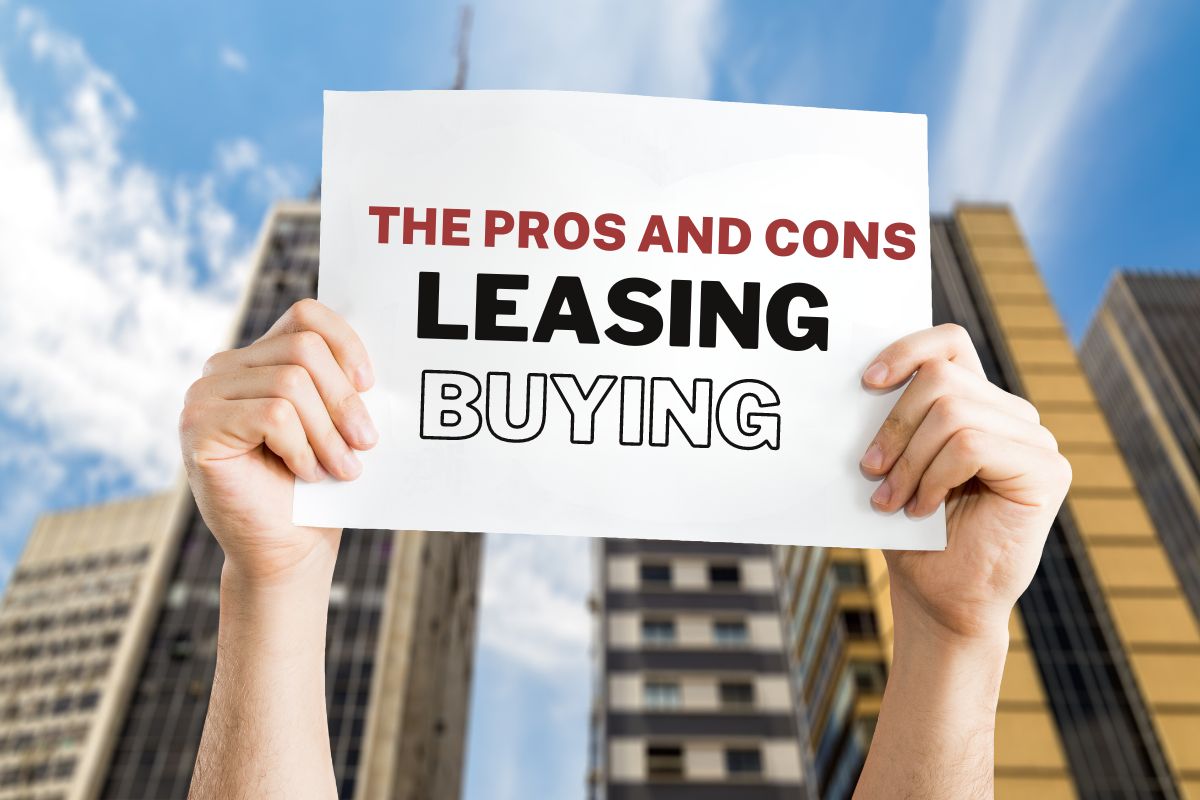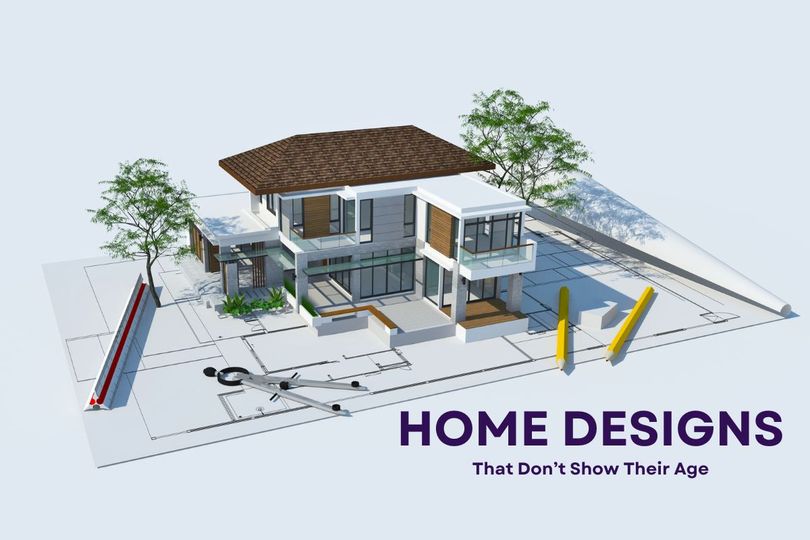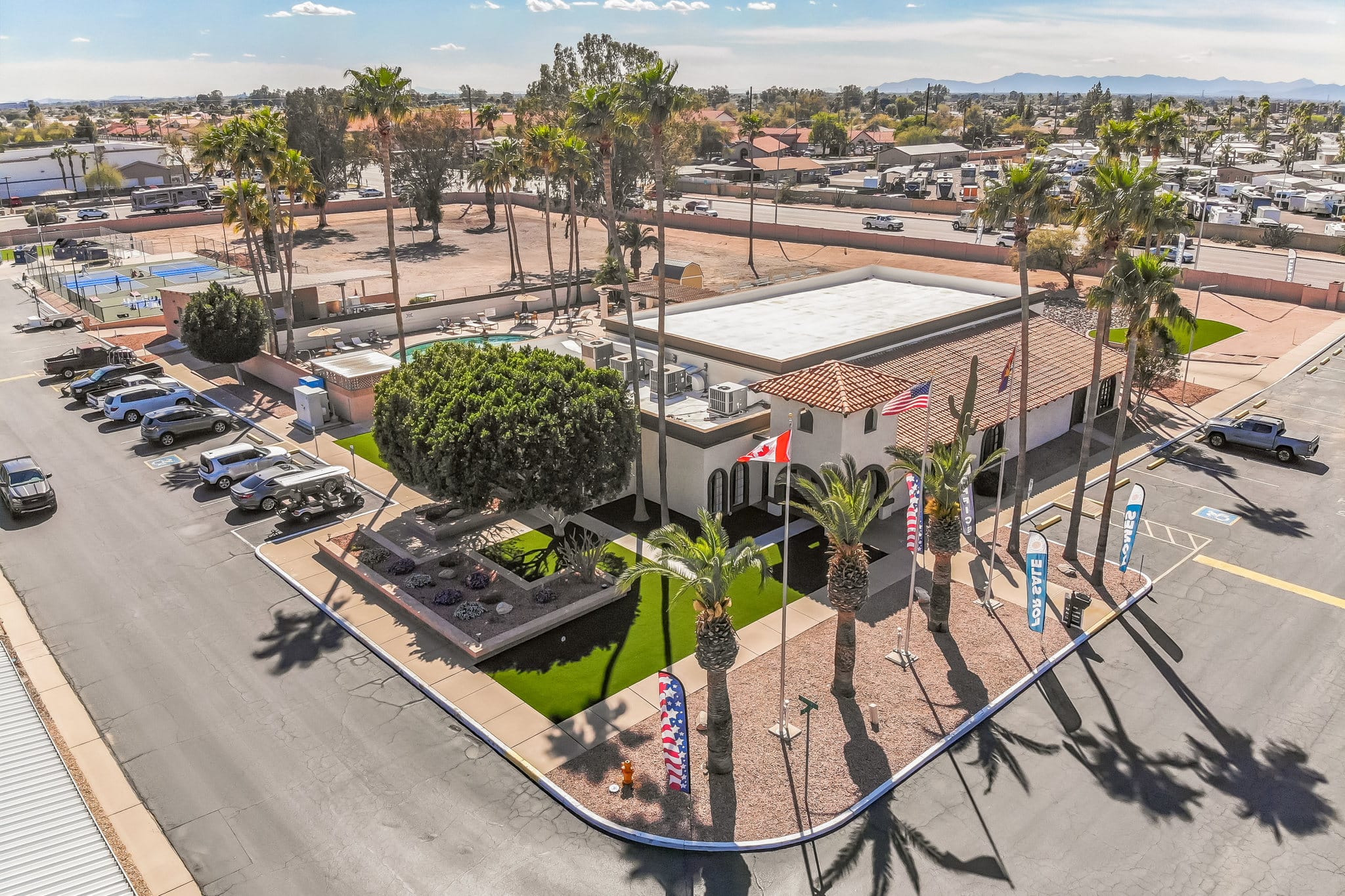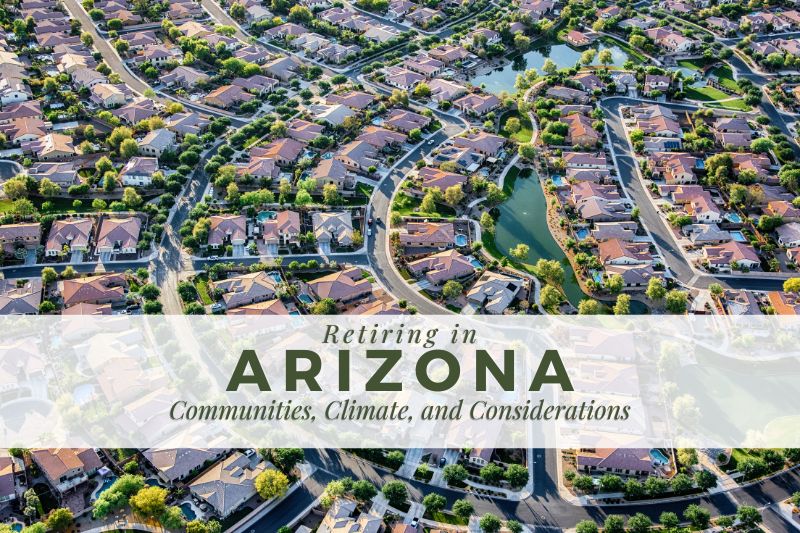Are you getting ready to settle down and buy a house or debating whether renting or leasing is the better option? It is a big decision that might have long-term effects. Both choices come with pros and cons, and it’s important to weigh those pros and cons carefully before you start planning your future. In this blog post, we will compare the pros and cons of leasing vs. buying a house to help you make an informed decision about which option is the best for you.
Building Equity
The biggest advantage of owning a home is that it allows you to build equity. As you make your mortgage payments, your stake in the property increases, which may eventually enable you to sell it at a profit. Furthermore, you have the flexibility to modify and personalize your home as you see fit. However, owning a house entails a variety of expenditures, including upkeep, property taxes, and homeowner’s insurance. You are responsible for maintaining your property, which can add up quickly and deplete your savings.
Flexibility
Leasing allows flexibility in terms of location and living situation. You can move around quickly based on your job or lifestyle changes, knowing that you won’t be financially tied to the property. Leases also generally have fewer upfront costs than a down payment for a house. Some of the drawbacks of leasing a house include the fact that you won’t be building equity. Plus, leases restrict renovations and personalization, which limits your ability to make the house your own. Additionally, landlords have certain conditions you must follow, and they may or may not be flexible with rent prices.
Financial Commitment
One of the most significant factors to consider when deciding whether to buy or lease a house is the long-term financial commitment. Owning a house ties you financially for several years, while leasing allows you to be more flexible in terms of housing expenses. For example, when buying a house, you have to think about the upfront cost of the down payment, closing costs, and inspection fees. Moreover, when it comes to market changes, owning a house can be risky. You may experience substantial capital gains and then equally significant losses. Comparatively, leasing has less upfront costs, and you don’t have to worry about fixing market changes.
Establishing a Credit History
Another aspect to consider is how each option impacts your credit score. Consistently paying your monthly mortgage payments builds your credit, and it shows that you are a reliable borrower. With leasing, you may not establish a credit history with your landlord, which can limit your opportunities to get loans in the future. Building a credit score is essential when considering how buying or leasing impacts your long-term financial situation.
Finally, think about your long-term financial goals. What works best for you? Remember that owning a house demands a significant investment in the beginning, but over time, it may be the better financial decision. Leasing, on the other hand, allows you to prioritize short-term goals while being flexible.
Whether you should lease or buy a house depends on your unique situation. As you consider your options, think about your current financial situation, your long-term goals, and your lifestyle. Both options have strengths and drawbacks, so it’s crucial to weigh these to arrive at a decision. With a clear understanding of the pros and cons of leasing vs. buying, you’ll ultimately know what is right for you and your family.




